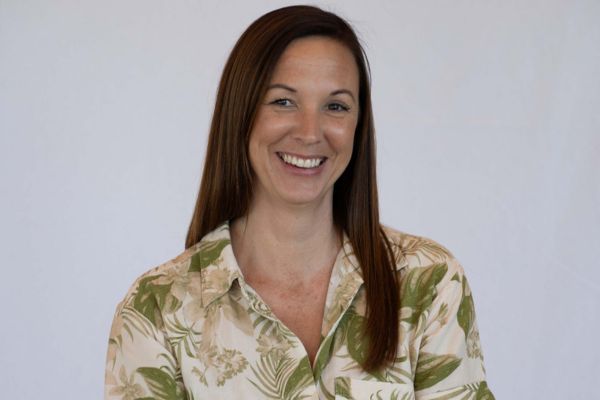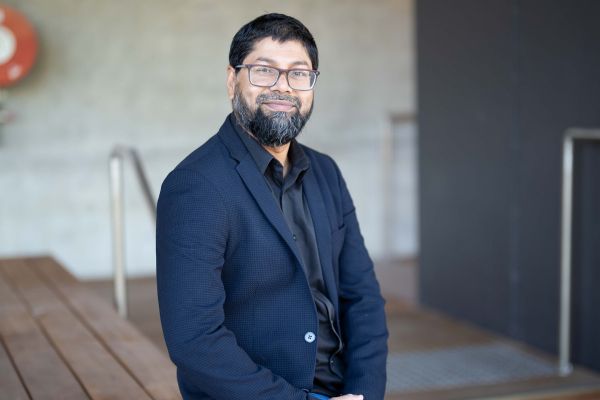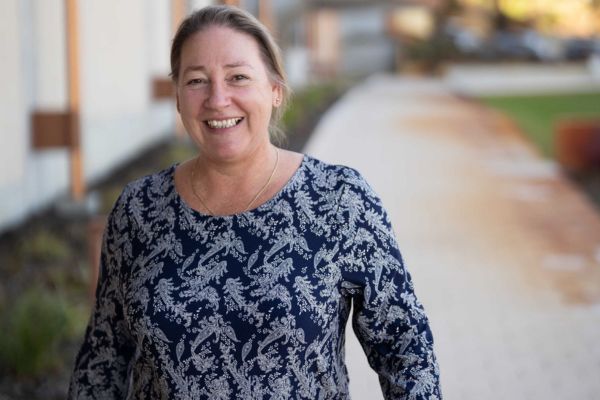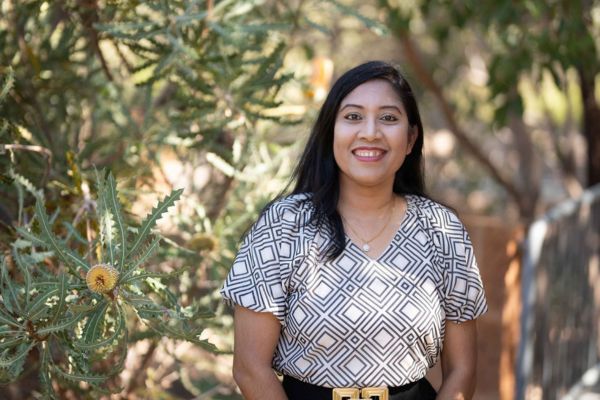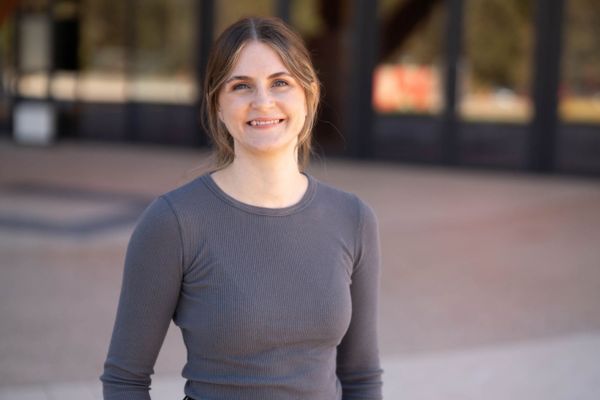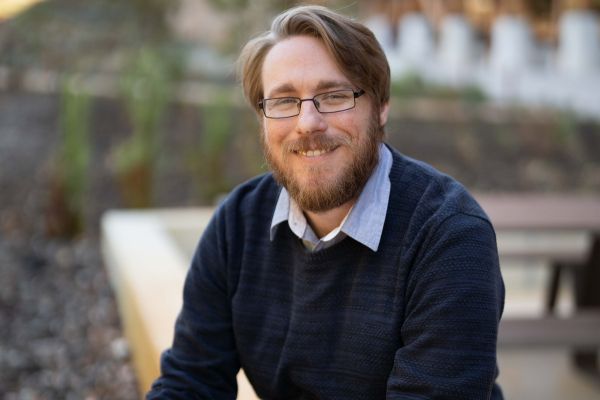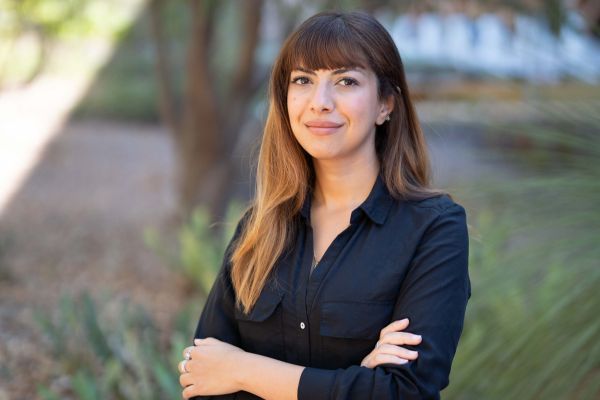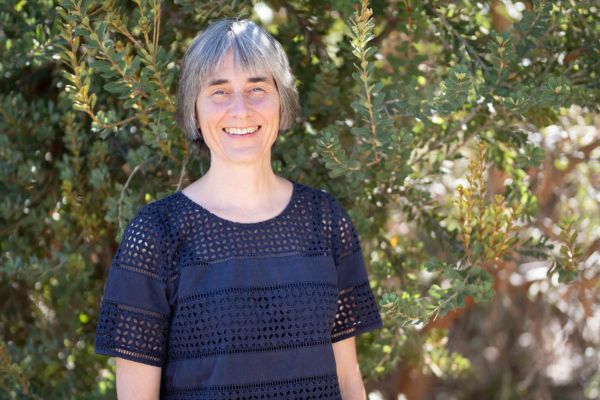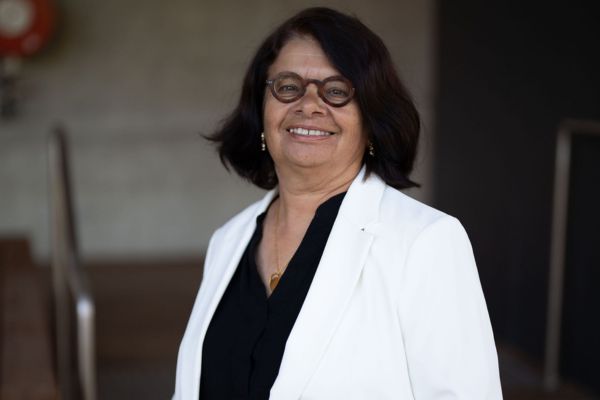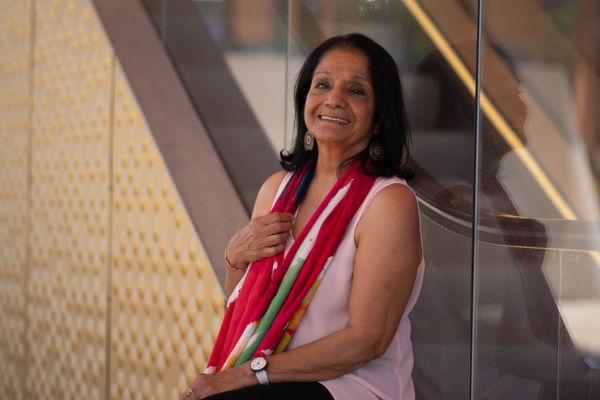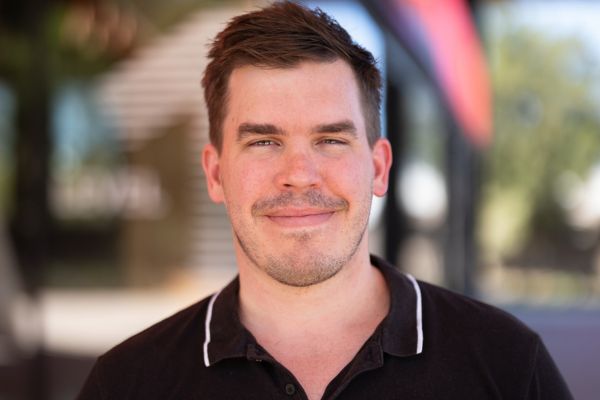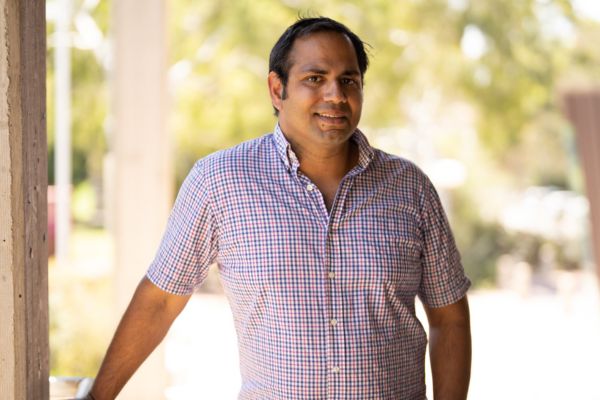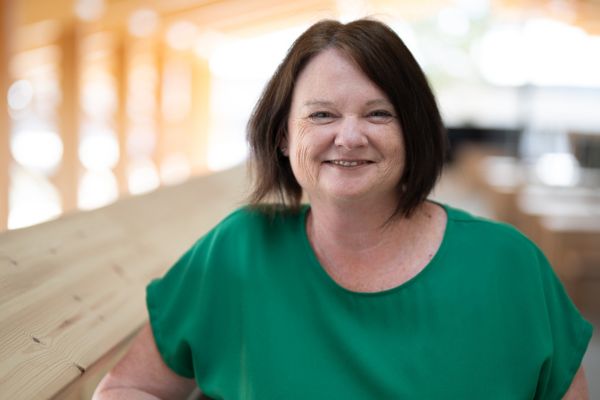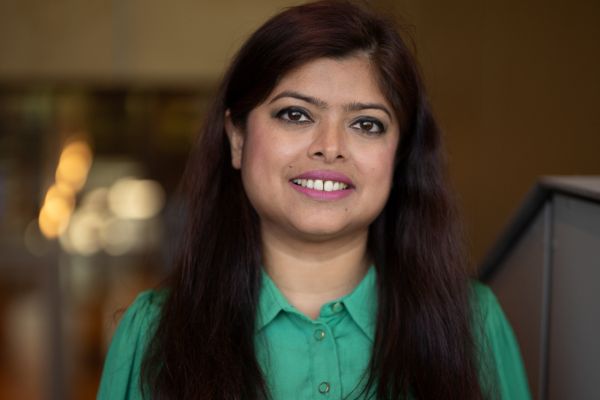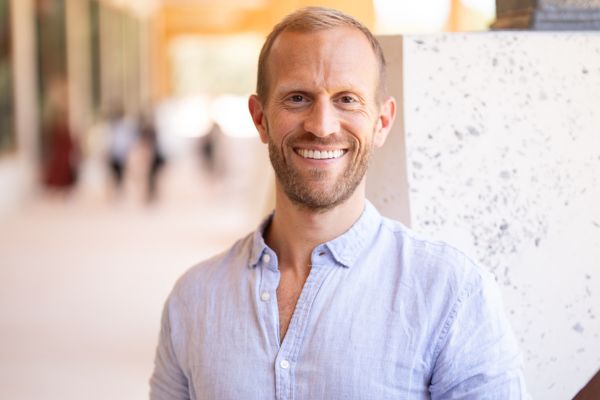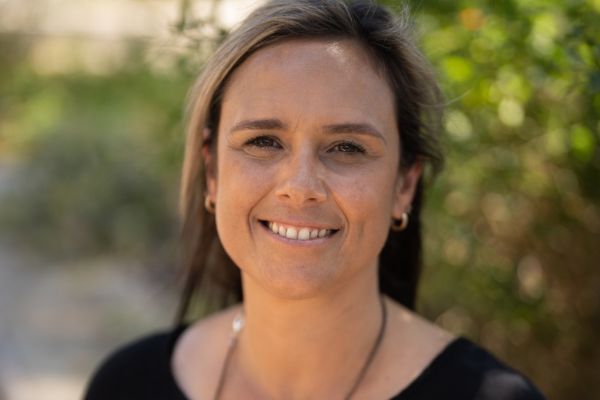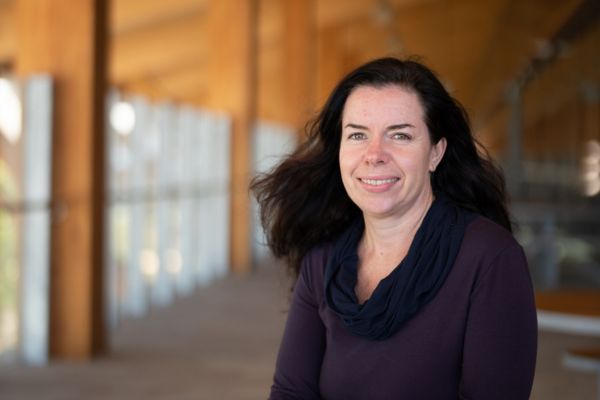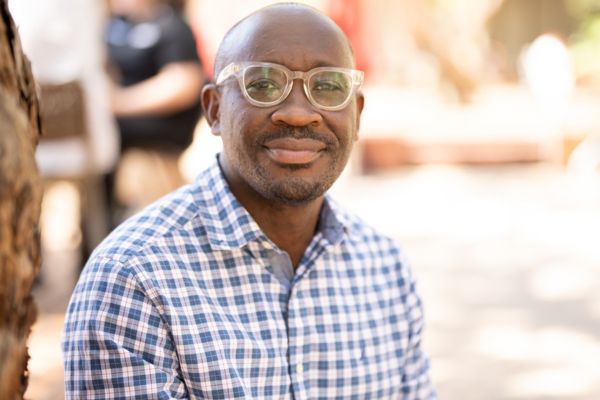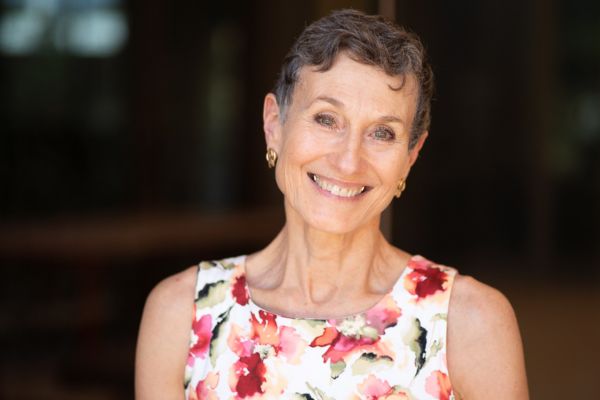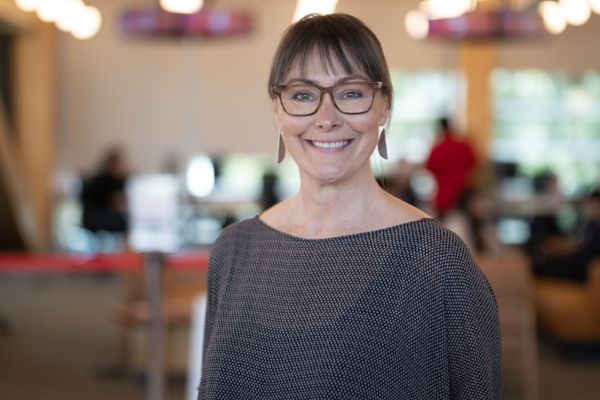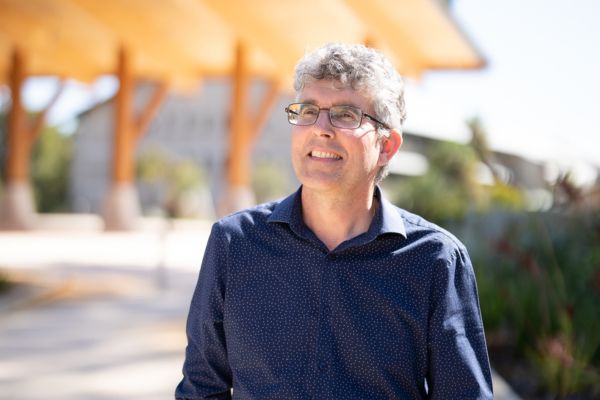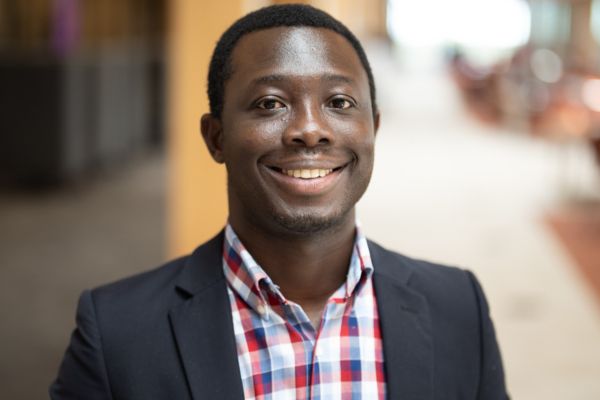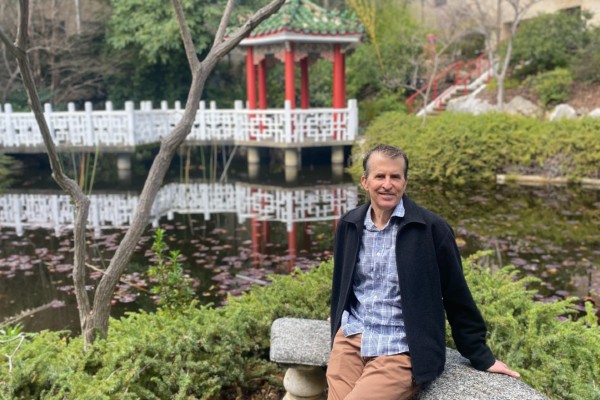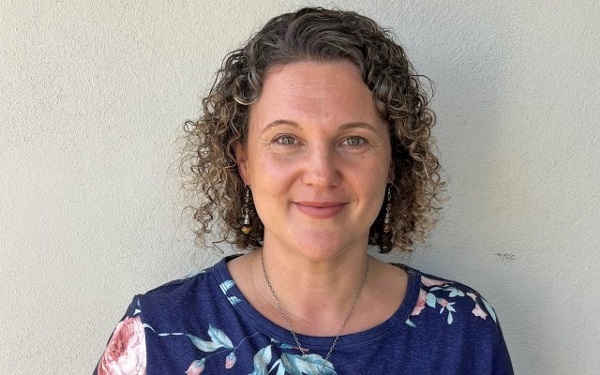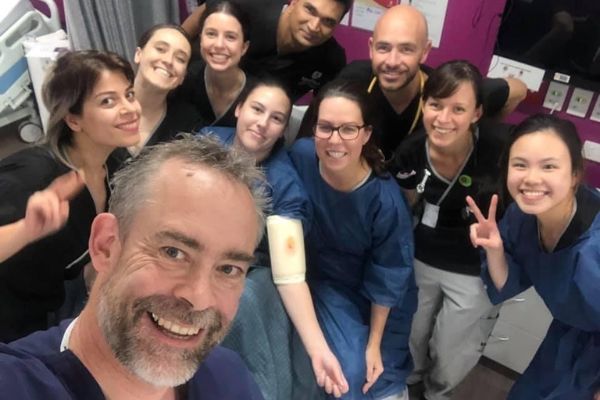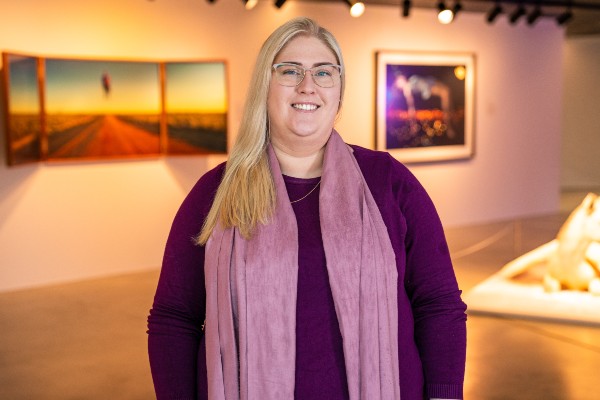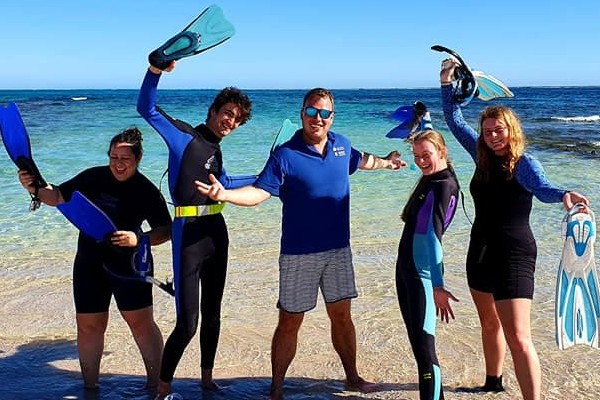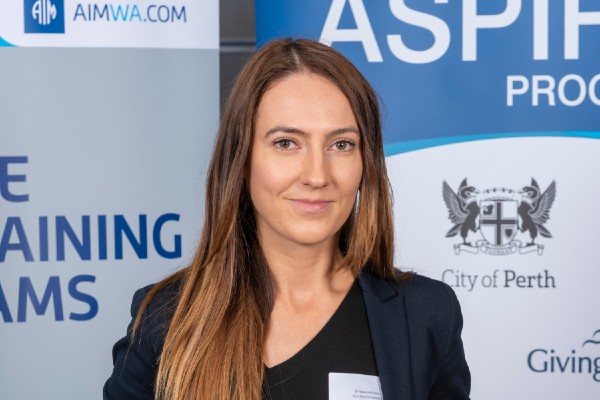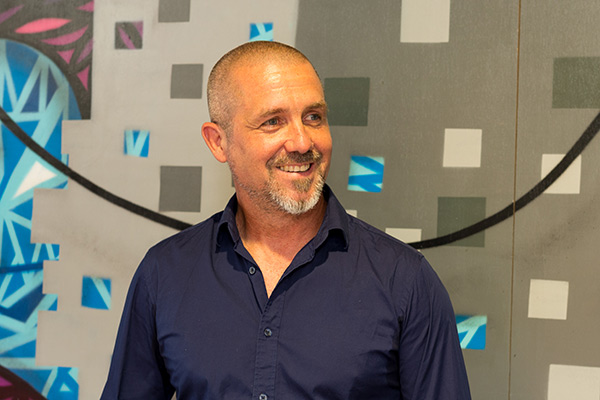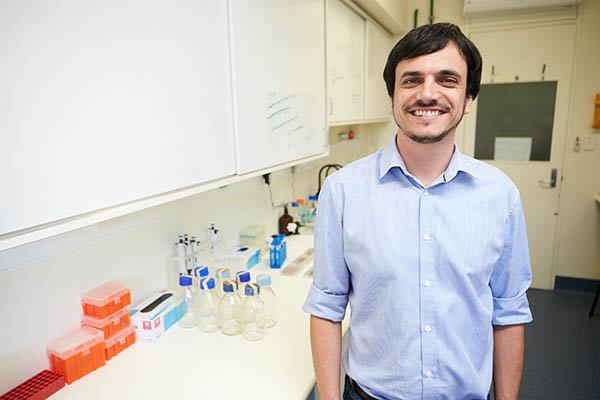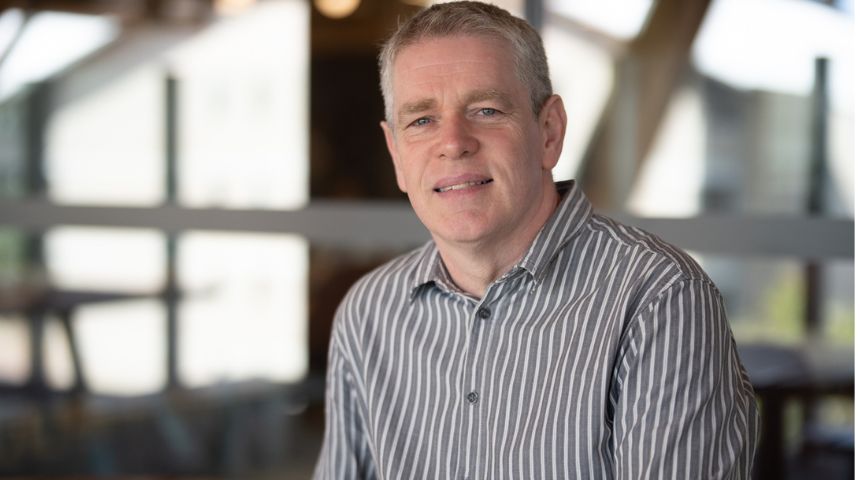
This is a shared journey that welcomes anyone who wants to make the world a better place. Meet the sound academic who provides real-world training for students at Murdoch’s School of Media and Communication.
Have you ever had goosebumps prickle down your arms in response to a perfectly-polished movie soundtrack? Or listened to a podcast that sounds like you are sitting in the same room with the hosts? That’s sound engineering at work.
Meet accomplished sound engineer and academic Dr Leo Murray from our School of Creative Media and Communication. Here, he discusses his work, how he’s making the world brighter through his area of speciality, and what he thinks the future holds for this exciting industry.
Prior to working at Murdoch, he was an engineer for BBC Radio in London for a decade. He has also been a music studio recording engineer, a camera operator, and has a wealth of experience as a former primary school teacher.
I was fascinated by cartoons as a kid, and then later by music and music production.”
“The thing I most enjoy about my work is the variety,” he said.
“I get to record and mix music in studio facilities, make films, video games and artworks with very talented colleagues, and research lots of different things that I’m interested in like music, acoustic ecology, media forensics and semiotics.”
“My goal is to better understand why sound affects us in the way that it does. Sound affects every one of us but we don’t often think about how much of an impact it has: what we learn about people just from their voice, how much music affects our day, or how natural sounds tell us about a place,” Dr Murray said.
Music is common to every human culture.”
Whilst it’s a common assumption that sound design is used predominantly for the entertainment industry, there are other applications for sound – many of which will be utilised more frequently in the future.
“Fields like industrial sound design are going to become increasingly important as we see fewer and fewer petrol and diesel vehicles on the road,” Dr Murray said. “Electric vehicles are an opportunity to change the way our cities sound, but there are still lots of factors like safety, fun and individuality to work with.”
As an educator guiding the next crop of audio professionals, Dr Murray teaches sound across a range of genres for the modern world, including interactive sound design for games, film and television, sound studies, and popular music culture. He’s also collaborated with fellow Murdoch researchers and colleagues at the University of New South Wales to create a sound installation called Anthropoiesis for the Venice Biennale, a highly regarded contemporary art exhibition hosted biannually in Venice, Italy.
“It’s primarily about climate change and my part is using sound to communicate some of the natural sounds of our environment, along with sonifications of data about our planet and beyond,” he said.
It would be nice to think that we can leave a better world behind than the one we inherited.”
At Murdoch, sustainability and protecting the climate is a mindset embedded in everything we do, and it is both part of our legacy and in our vision of a brighter future.
“Murdoch has always been a place that has these foundational principles,” he said. “It's great to work at a university where we can aim to make things a bit better for generations to come.”
